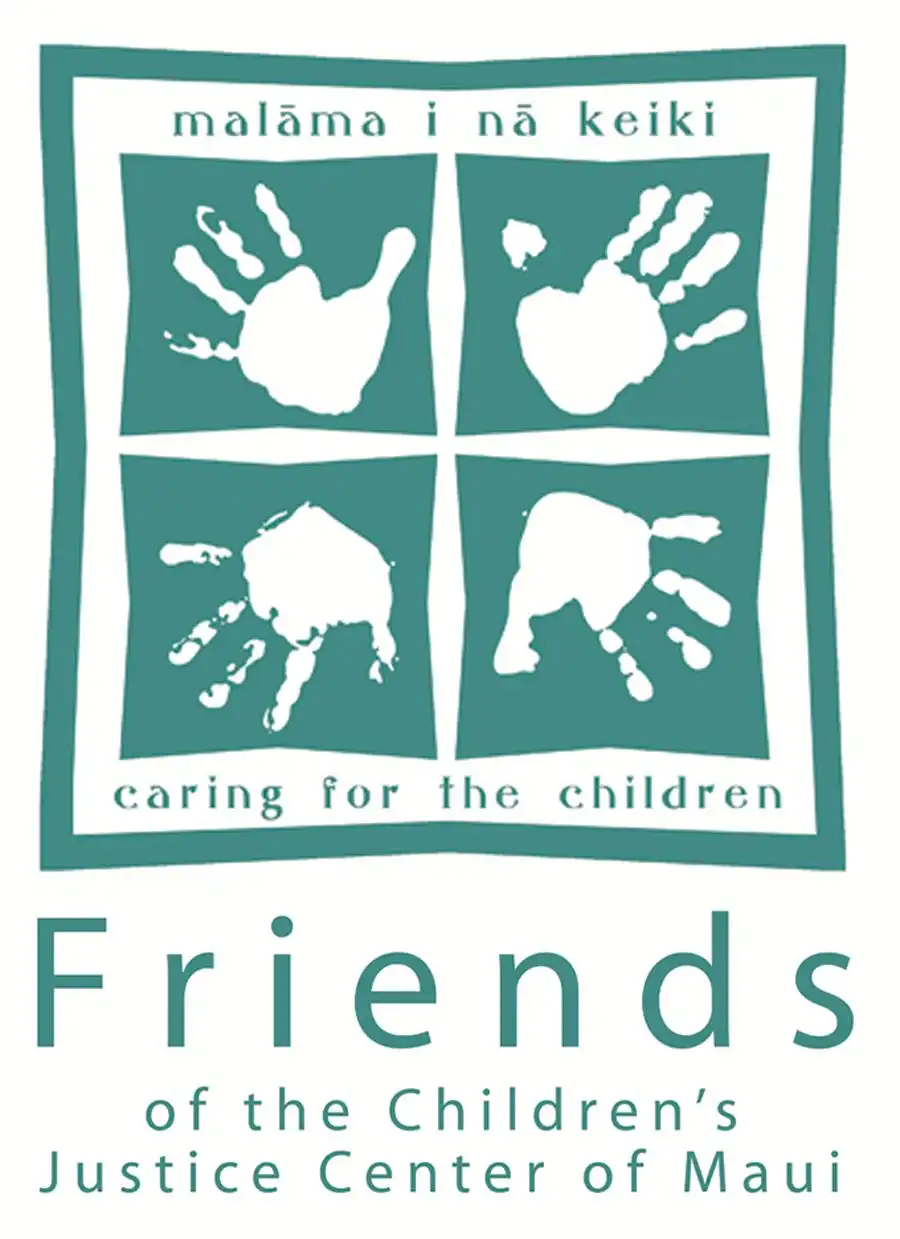HAWAII RECORDS SECOND SWINE FLU DEATH
The Hawaii State Department of Health confirmed a second swine flu death in the state. The patient was identified as an adult male in his late 40’s with underlying medical conditions. The O’ahu resident died on July 10th at the Queen’s Medical Center, and becomes the second death linked to the novel H1N1 influenza in the state.
State officials say no further information about the patient’s medical condition before death or identification will be released due to patient privacy considerations and federal law.
There have been more than 200 deaths nationwide associated with the new flu strain over the past few months.
“In this most recent case, influenza infection led to the complications that were ultimately the cause of death, and the patient’s underlying conditions likely exacerbated the situation,” said Dr. Sarah Park, chief of the Disease Outbreak Control Division and State Epidemiologist.
Cases of novel H1N1 influenza have been identified on the islands of O’ahu, Maui, Hawai’i, Kaua’i, and Moloka’i with the majority of cases confirmed on O’ahu, where the majority of the state’s population resides. The DOH has recently seen a rise in influenza-like illness rates and has issued guidance to summer camp administrators on ways to prevent the spread of illness. The guidance is posted at www.hawaii.gov/health.
The DOH has confirmed more than 1,000 cases of novel H1N1 since May 5 to July 10, 2009. Health officials say, of these cases, all but four have recovered or are recovering at home with no complications.
One adult resident was hospitalized on O’ahu in June and has since recovered; one adult that resides on Maui became ill after traveling to Washington state in May, was hospitalized and recovered in Washington before returning home; and two deaths occurred on O’ahu as a result of complications from flu.
As with any influenza, the public is reminded to take the following steps to prevent spreading illness to others:
§         Stay at home when you are sick; isolate yourself from others whenever possible;
§         Cover your cough or sneeze with a tissue and dispose of used tissues;
§          Wash your hands frequently, or use an alcohol-based hand sanitizer;
§         Avoid touching your eyes, nose, and mouth;
§         Seek care if you have influenza-like illness (fever > 100°F plus cough or sore throat); and
§         Stay healthy by eating a balanced diet, drinking plenty of water, and getting plenty of rest and exercise.
(Posted by Wendy Osher; Information courtesy: Hawaii State Department of Health)








